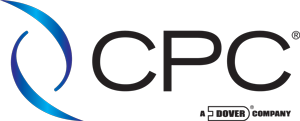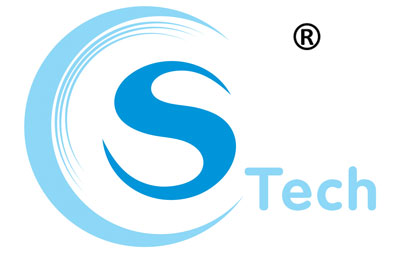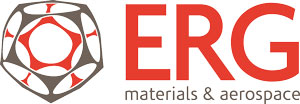
Two-Phase Flow Cooling
Online Summit
Powered by Thermal LIVE™
Now On Demand
The SEMI-THERM Two-Phase Flow Cooling Online Summit is a free, one-day virtual event designed for thermal management professionals. It is the only event of its kind dedicated to the essentials of two-phase cooling.
Attendees will have free, live access to a lineup of how-to style presentations delivered by qualified speakers in the thermal management space. They will cover fundamental topics, including:
- Microencapsulated Phase Change Materials as Heat Transfer Media in Electronics
- Empirical Study of Oscillating Heat Pipe Heat Spreaders for High Heat Flux Applications
- Experimental Characterization of Refrigerant Based Two-Phase Cold Plates to 1000 W: Thermal Metrology and Metrics
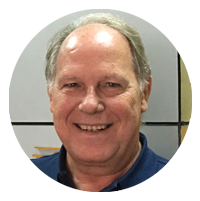
ROUNDTABLE
Two-Phase Cooling of Electronics: If, Why and How We Go from Here
As two-phase cooling of electronics has now progressed from the laboratory to initial market penetration, this panel will address key issues relevant to its future concerning (1) The need for two-phase cooling: Under what conditions two-phase cooling offers an advantage over other cooling technologies. Applications as an active (pumped systems) and Passive (Heat pipes, Vapor chambers, Loop thermosyphons, Pulsating Heat pipes), (2) Advantages and disadvantages: Discussion of how two-phase cooling compares with them other cooling technologies in terms of performance, operation, serviceability, and cost. (Passive and active systems), (3) General requirements for adoption: What are the requirements for technology adoption. Is there a need for hardware standardization (especially for data center applications)? (Active systems)
Moderator: John Thome, Professor-Emeritus of Heat and Mass Transfer, Ecole Polytechnique Fédérale de Lausanne (EPFL)
Panelists: Pritish R. Parida, Ph.D., Devin Pellicone, Mark North
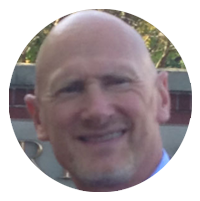
Micro-Encapsulated Phase Change Materials as Heat Transfer Media in Electronics
As thermal densities continue to increase in next-generation integrated circuit (IC) architectures, new innovations in system thermal management systems must be explored. Latent heat transfer of liquid-vapor phase has long been recognized and exploited in maximizing heat transfer, most especially in the use of heat pipe and vapor chamber design. This research explores the use of solid-liquid phase latent heat exchange using various microencapsulated products, including shell materials such as polymethylene-urea and cross-linked nylon with cores filled with phase change materials such as octadecane or various paraffin. The transport mechanism involved the use of gas-fluidization systems which circulated the microencapsulated particles past heated surfaces such as lidded or lidless ICs. Particle fluidization has long been recognized and employed in process chemistry applications due to the particle field’s fluid-like behavior but with enhanced effective specific heat properties and reduced boundary layer effects. Particle fluidization of phase change materials has the potential to double traditional heat transfer of air convective heat transfer systems.
Speaker: John Rasberry, Principal Engineer, Keysight Technologies
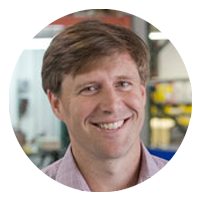
Empirical Study of Oscillating Heat Pipe Heat Spreaders for High Heat Flux Applications
Oscillating Heat Pipes (OHPs) have been presented as an alternative heat spreading solution for high heat flux applications. Recent presentations by the authors have focused on OHPs’ theoretical limits of operation and the tradeoffs between competing variables in OHPs, including envelope material type and thickness, input heat flux, heat transfer coefficient at the material-fluid boundary, OHP size/shape, etc. In this presentation, a series of empirical thermal tests of solid-state and OHP-embedded heat spreaders will be compared. Test cases include different heat spreader geometries and operating conditions; e.g., one with high input heat flux and another with relatively weak heat rejection boundaries. In addition to presenting the empirical results, finite element models are presented that calculate the empirical effective in-plane and through-plane thermal conductivities of the OHP-based heat spreaders for comparison previously published thermal conductivities of alternative heat spreader technologies.
Speaker: Joe Boswell, CEO, ThermAvant Technologies
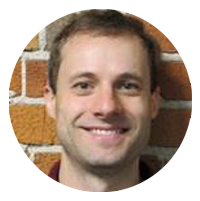
Principles of Metal Foam-Based Cooling Systems
Open-celled metal foams are known for their high surface area and turbulence-enhancing pore structure. As a high performing alternative to fins and microchannels, they can deliver unrivaled enhancement in both single-phase and two-phase heat transfer, along with almost limitless packaging flexibility. In this webinar, ERG Aerospace will demystify the principles behind designing effective metal foam cooling systems and highlight the advantages and limitations of this technology.
Speaker: Metodi Zlatinov, Technical Lead, R&D, ERG Aerospace
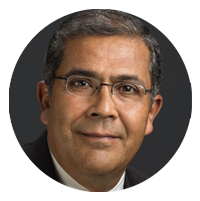
Experimental Characterization of Refrigerant-Based Two-Phase Cold Plates to 1000 W:
Thermal Metrology and Metrics
The presentation will summarize experimental measurements of heat transfer coefficients, cold plate base temperatures, and pressure drop as a function of flow rate, heat flux, and exit vapor quality for novel cold plates designed specifically for two-phase applications. Data are presented for applied heat loads up to 1000 W (150 W/cm2 ) for R-134a refrigerant. We will discuss the thermal metrology developed for the cold plate characterization in detail and will compare three approaches for measuring or estimating the base temperature based on detailed uncertainty analysis. We will also argue that current definitions of the thermal resistance used in single-phase cold plates are inadequate for two-phase cold plates that experience sensitivity to the inlet saturation pressure and temperature, the inlet sub-cooling conditions, and the pressure drop from inlet to exit. As such, we will demonstrate the need for precise control of inlet conditions that is frequently missing in the results reported in the literature.
Speaker: Dr. Alfonso Ortega, James R. Birle Professor of Energy Technology, Villanova University
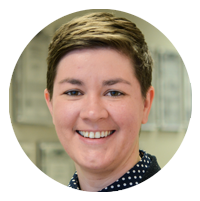
Material Selection, Compatibility and Flow Considerations for Two-Phase Cooling Systems
Get insights from a top liquid cooling expert regarding system stabilization in phase change environments. Learn about choosing engineered fluids, how managing pressure is a critical part of system design, and when and where QD selection comes into play.
Speaker: Beth Langer, Engineering Manager of the Thermal Management Business Unit, CPC
SPONSORS
